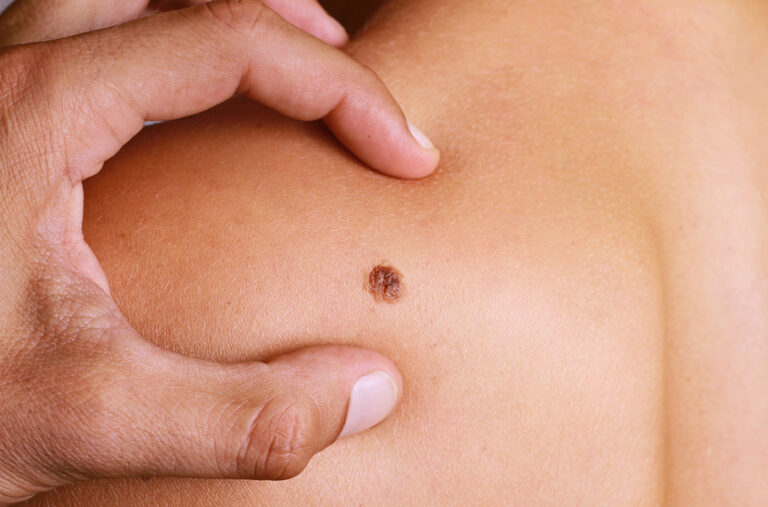According to the American Academy of Dermatology, almost one in five people will get skin cancer at some point. Most skin malignancies can be effectively treated if detected at an early stage, which is why regular skin checks by a medical dermatology manhasset expert are crucial.
Cancer of the skin
The three most frequent types of skin cancer are squamous cell carcinoma, basal cell carcinoma, and melanoma.
Fair-skinned people are more likely to develop basal cell carcinoma (BCC), the most prevalent form of skin cancer. Years of unprotected sun exposure or indoor tanning can lead to this malignancy.
Squamous cell carcinoma (SCC) is another prevalent kind of skin cancer that, like basal cell carcinoma (BCC), is caused by overexposure to the sun and can affect people of any skin tone. Both types of common skin cancer benefit from early detection in order to be contained and eliminated before they can spread.
As the deadliest form of skin cancer, melanoma poses a significant threat due to its ability to metastasize and spread. Melanoma usually comes as a new black spot on the skin, although it can also develop in an existing mole.
How do I do a skin check, and what exactly is it?
Regular self-examination for skin cancer detection is called a “skin check.” It is important to check your skin thoroughly for any abnormalities, so keep an eye out for the following.
- Any neoplastic growth or alteration
- Identifying fresh brown spots
- Growths
- Scaly, rough skin
- Distinctive moles that have recently appeared
- Discolored spots
- Those itchy or bleeding patches
These are only some of the most noticeable symptoms of skin cancer, but there are many others. You should consult a dermatologist if you notice anything unusual on your skin.
While sun-exposed areas are more likely to develop skin cancer, the disease can manifest itself anywhere. The American Cancer Society suggests using a mirror and a hand mirror to view obscured regions when performing a skin check. Also, separate your hair and check your scalp for any blemishes.
Preventing skin cancer
Remember that your mood might not change if you have skin cancer. Being in good health and having a strange place that neither itches nor hurts is possible. This is why keeping up with regular checks for skin cancer is so important. You should also undergo an annual exam with one of your dermatologists. Males and females of all ages and skin tones are equally at risk of developing skin cancer.


